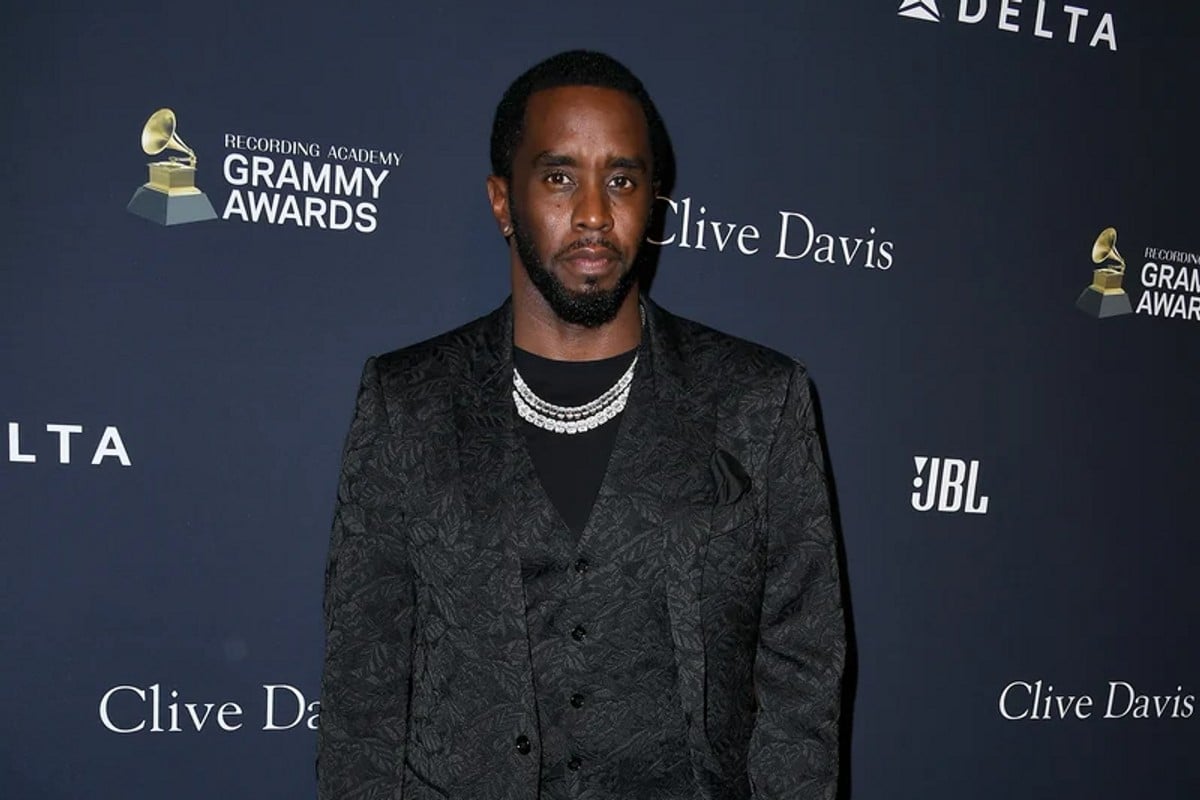
Content warning: This story includes discussions of domestic and sexual abuse, as well as child sexual abuse that may be distressing to some readers.
Recently, I fell down a TikTok rabbit hole. It's not the first time it's happened, and it surely won't be the last. This time, I found my For You Page inundated with content about the many allegations Sean "Diddy" Combs is facing.
If you're unaware, the rapper and business mogul is currently facing federal charges of racketeering, and sex trafficking in the United States. Furthermore, a Houston law firm recently announced that they would be filing an additional 120 individual civil lawsuits against Combs — one of which is an allegation of child sexual abuse from a victim who was nine years old at the time.
It goes without saying that these alleged crimes are deeply serious. But as I scrolled endlessly on TikTok, what I saw was a spectrum of videos that ranged from wild speculation and bold claims that could be easily disproved as misinformation to jokes and memes.
And look, I get it. The Diddy case isn't just high profile, it's compelling, and inarguably so. When Tony Buzbee — the Texas attorney whose firm is gearing up to file those 120 civil suits — says that the names of people involved will shock the public, it's only natural to wonder just how many A-List celebrities are going to be brought down with Combs. After all, Diddy has been a key figure in Hollywood for decades, and the list of his A-List connections is nothing if not extensive.
"The day will come when we will name names other than Sean Combs," Texas lawyer Tony Buzbee said in a recent press conference. "And there's a lot of names. It's a long list already, but because of the nature of this case, we are going to make damn sure, damn sure, that we're right before we do that."
